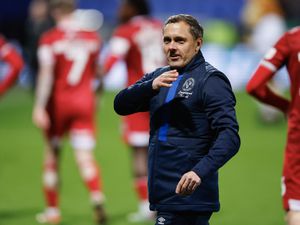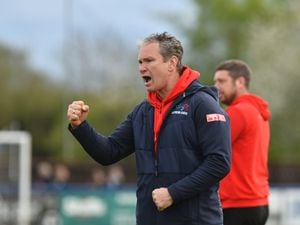Ludlow agree with decision to shut doors
Ludlow Racecourse official Simon Sherwood has praised the decision to hold races behind closed doors as he calls for the industry to ‘keep moving forward’.
From today, races in England, Wales and Scotland will take place without spectators, initially until the end of March, due to the coronavirus outbreak.
General manager and clerk of the course Sherwood believes the call from The British Horseracing Authority is the right one, as he aims to keep the ‘outside’ sport alive.
“It’s the right decision, it’s important we keep in line with everyone else,” he said. “We’re going by the government advice and moving along with what we’re told.
“It will be a bit soulless without spectators, but we need to keep the industry moving.
“The horse are in training and the sport needs to keep moving forward.
“All the right hygiene bits are in place, but we still don’t know who can intend, in terms of the number of owners and stable staff.
“I’m no scientist but I can see what is happening and how this is evolving, so it is the right decision to race behind closed doors.
“For a racecourse we’re two thirds through the season with some important races still to go for us.
“We’re an outside sport and we need to keep the ball rolling and the industry moving to reduce the effect it could have.”
Racing in Ireland is also running behind closed doors, while racing in France was suspended yesterday.
Fixtures at Wetherby and Taunton today will be the first in England to be staged without paying members of the public.
A statement issued from the BHA said: “The intention is for scheduled race meetings to take place wherever possible. However, the situation is very fluid at present and decisions may have to be made to cancel meetings.
“Every effort will be made to notify customers and the betting industry at the earliest opportunity.
“With race meetings due to happen every day, the aim is to agree a programme that is sustainable, in the light of possible staff absences, including in critical roles, in order to protect industry staff and support the wider effort to free up critical public services.”





